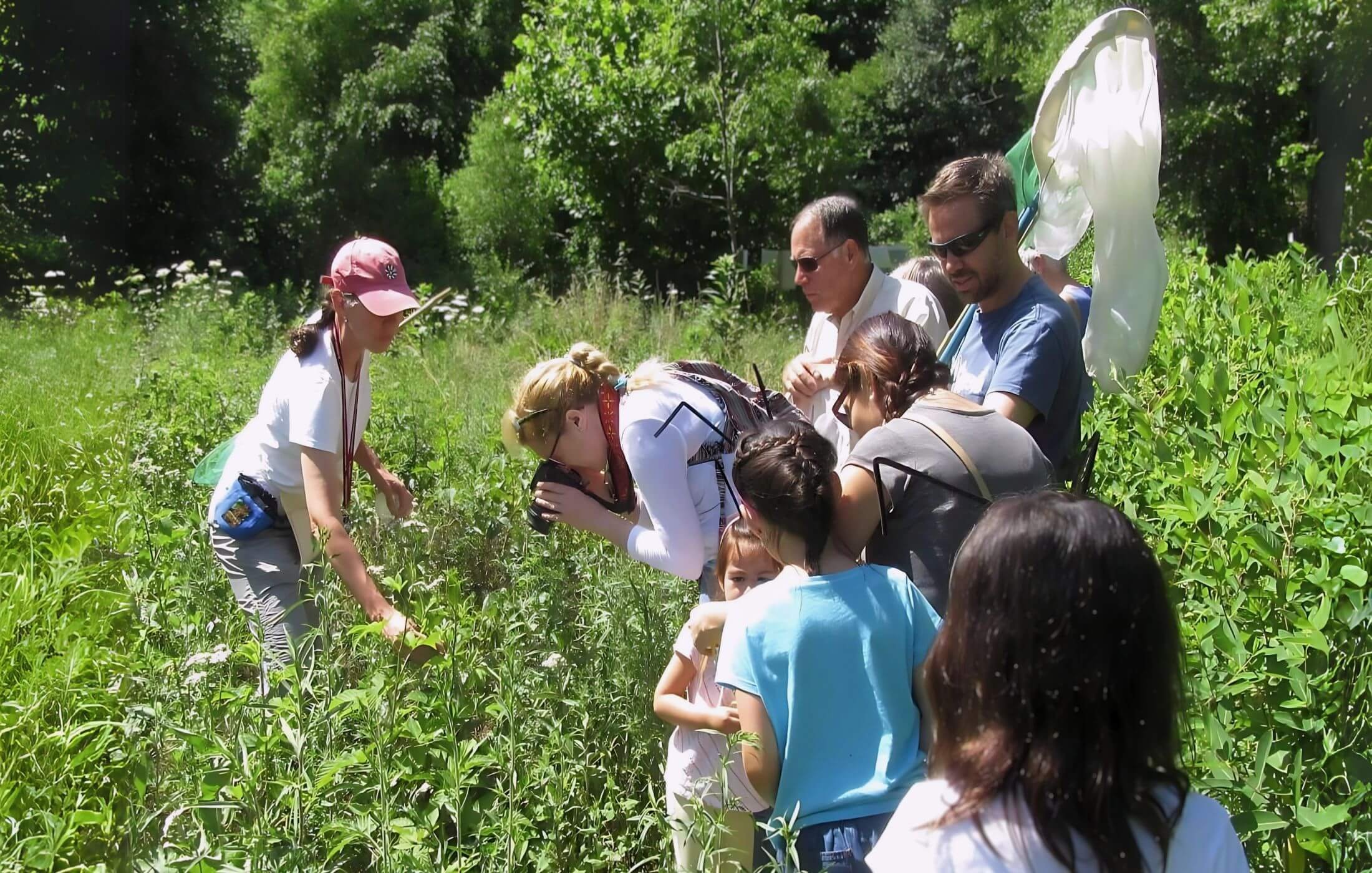
Pollination Celebration!
Celebrated each June
Photo: Bee on St. John’s Wort by Christina Garcia
FEATURED EVENT
The Southeast Bumble Bee Atlas: Intro & Volunteer Training
June 1, 2025, 10:00 am - 1:00 pm, Asheville Botanical Garden
Want to help US Fish & Wildlife biologist Bryan Tompkins with pollinator conservation by surveying for bumble bees? Bumble bees are an important indicator of overall pollinator health. This class will provide an overview of the Southeast Bumble Bee Atlas program, present the insightful data gathered by volunteers over its first two years, and train participants on the survey techniques used so you can volunteer to gather bumble bee diversity and abundance data in 2025. There will be a 30 minute overview; 1 hour for indoor survey training and data collection/organization; 20 minute break for BYO picnic; and 1 hour for hands-on outdoor survey training and data collection on the grounds of the Botanical Garden. Participants are encouraged to bring water, picnic lunch/snacks, outdoor walking/trail shoes, smart phone with the Bumble Bee Watch app downloaded and an account created (https://www.bumblebeewatch.org/).


